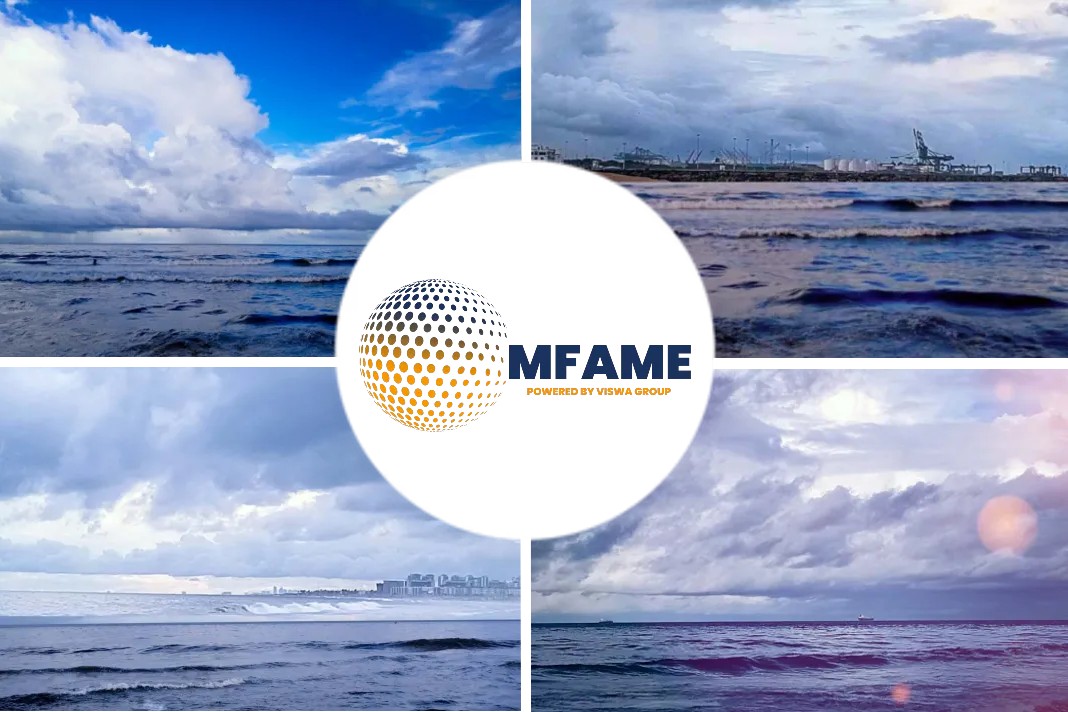
Embracing innovation and sustainability, BW LPG, the leading VLGC operator, has emerged as a trailblazer in the maritime industry by pioneering dual-fuel LPG operations that extend beyond regulatory compliance. The Marinelink source.
- BW LPG achieves exceptional emissions reductions and efficiency gains through pioneering dual-fuel LPG propulsion.
- Retrofitting VLGCs with MAN’s ME-LGIP engines, BW LPG slashes emissions, saves costs, and sets industry standards.
- Firmly focused on sustainability, BW LPG explores new frontiers, including ammonia as a zero-carbon marine fuel.
Meeting and Surpassing Regulatory Goals
In a remarkable display of innovation, BW LPG, the world’s largest owner and operator of Very Large Gas Carriers (VLGCs), has demonstrated the exceptional value of dual-fuel LPG operations that go beyond merely adhering to the IMO 2020 Sulphur Cap regulations. The company’s journey began in anticipation of these regulations, but its achievements have far exceeded initial expectations.
Pioneering the Transition
In October 2020, BW LPG marked a historic milestone by converting the low-speed main engine of its LPG carrier, BW Gemini, into an LPG dual-fuel engine. This pioneering project, initiated years prior, showcases BW LPG’s commitment to sustainability and environmental responsibility. The move not only ensured compliance with stringent emissions regulations but also led to a range of profound environmental benefits.
Transformative Environmental Advantages
Compared to heavy fuel oil, LPG offers a remarkable reduction in harmful emissions. The conversion to LPG dual-fuel engines has resulted in approximately 97% reduction in Sulphur Oxides (SOx) emissions, around 90% reduction in particulate matter emissions, about 15% decrease in CO2 emissions, and roughly 20% drop in Nitrogen Oxides (NOx) emissions. This environmental profile underscores the potential of LPG as a cleaner marine fuel.
Unveiling Savings, Safety, and Future Prospects
The technological collaboration between BW LPG and MAN Energy Solutions has yielded remarkable results. The retrofitting of BW LPG’s VLGCs with MAN’s B&W ME-LGIP engines has proven to be an investment worth around $8-9 million per ship. LPG propulsion showcased a 10-12% increase in efficiency compared to diesel or heavy fuel oil. Safety considerations were paramount, and the engineering feat involved installing extra detectors and double-walled fuel pipes to mitigate potential risks associated with LPG.
Did you subscribe to our daily newsletter?
It’s Free! Click here to Subscribe!
Source-marinelink
















